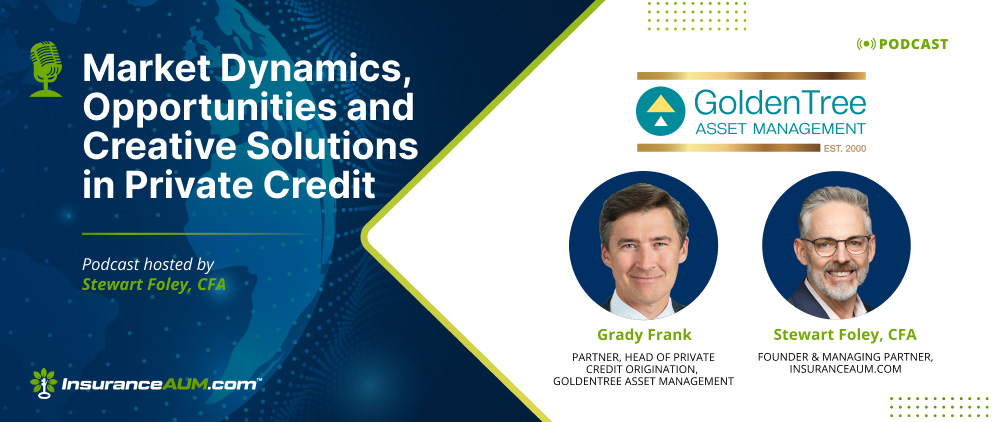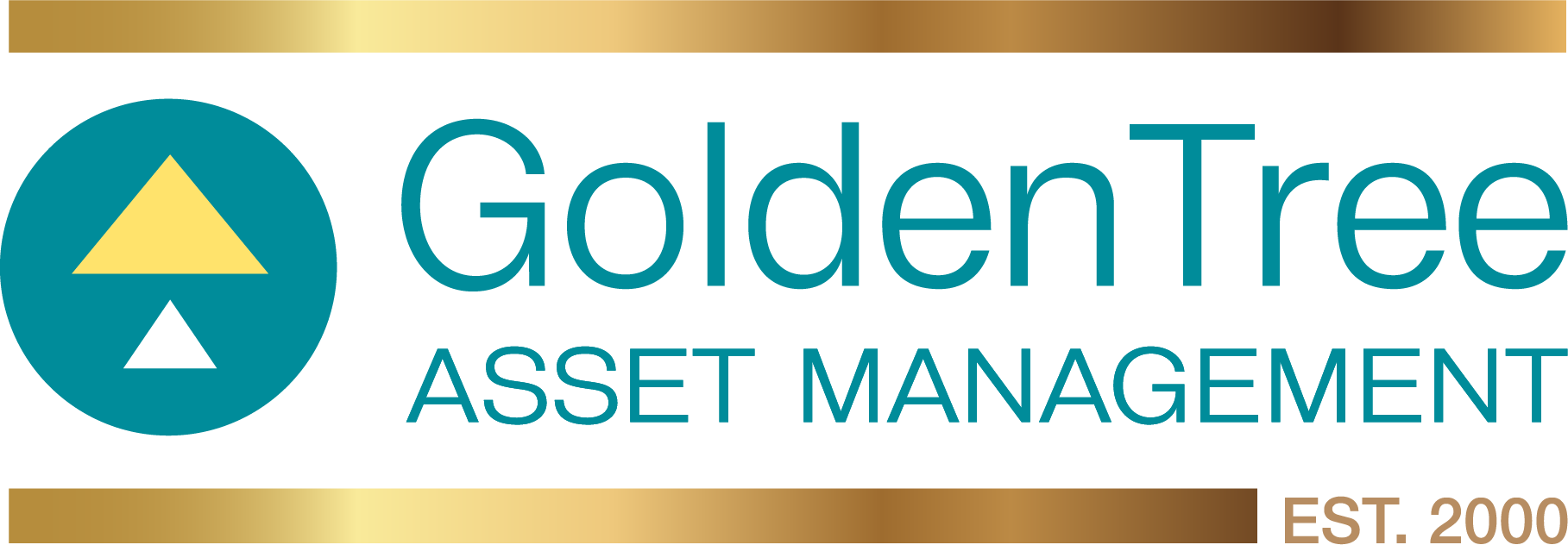GoldenTree Asset Management
GoldenTree is an employee-owned, global asset management firm that specializes in opportunities across the credit universe in sectors such as high yield bonds, leveraged loans, private credit, distressed debt, structured credit, emerging markets, real estate, private equity and credit-themed equities. GoldenTree was founded in 2000 and is one of the largest independent asset managers focused on credit. GoldenTree manages nearly $57 billion for institutional investors including leading public and corporate pensions, endowments, foundations, insurance companies and sovereign wealth funds. GoldenTree has over 310 employees, with offices in New York, West Palm Beach, Charlotte, Newport Beach, Dallas, London, Dublin, Munich, Singapore, Sydney, Tokyo and Dubai. For more information, please visit www.goldentree.com.
Charlie Fuller
Partner, Head of North American Insurance
cmfuller@goldentree.com
212-847-3479
300 Park Avenue
21st Floor
New York, NY 10022






